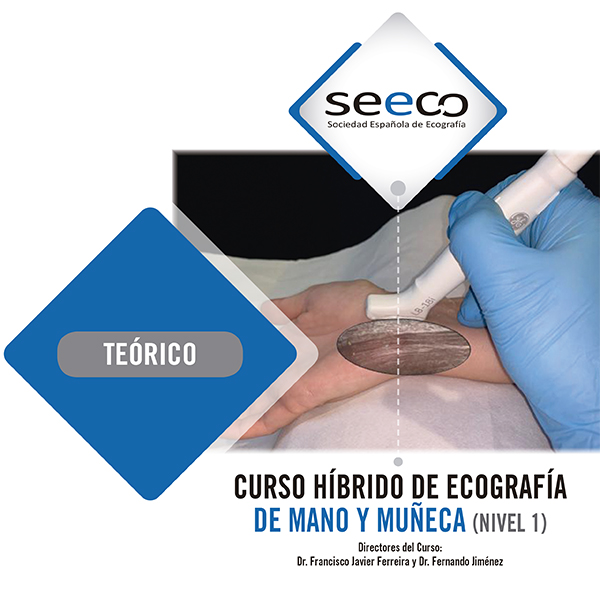Cookie Policy
We comply with the regulatory regulations regarding cookies (Law 34/2002, of July 11, on information society services and electronic commerce (LSSI), which transposes into Spanish law Directive 2009/136/EC, also known as the “Cookie Directive”) and the EU Directive on privacy in electronic communications. In this guide we use the term “cookies” to refer to cookies and other similar technologies included in the EU Directive on privacy in electronic communications.
What is a cookie?
Cookies are small text files created by the website you visit and which contain data. They are stored on your computer to provide you with access to various features. Both session and non-session cookies are used on our sites.
A session cookie is temporarily stored in the computer's memory while the visitor is browsing the website. This cookie is deleted when the user closes his or her web browser or after a certain amount of time has passed (meaning the session has expired). A non-session cookie remains on the visitor's computer until it is deleted.
Why we use cookies
We use cookies to learn more about how visitors interact with our content and help us improve your experience when you visit our website.
Functionality and content of the site
The sharing function is used by visitors to recommend our sites and content on social networks such as Facebook and Twitter.
Cookies store information about how visitors use the sharing feature (although not at an individual level) so that the website can be improved. If you do not accept cookies, no information is stored.
We use third-party providers for some of the features on our websites, for example when you visit a page with embedded videos or links to YouTube. These videos or links (and any other content from third-party providers) may contain third-party cookies, so you may wish to check the policies of these third-party websites for information about their use of cookies.
How to reject and delete cookies
We do not use cookies to obtain personally identifiable information about a visitor. You may choose to reject or block cookies set by SEECO (Spanish Society of Ultrasound) or by third party websites by changing your browser settings; please refer to your browser’s “Help Function” for further details.
Please note that most browsers automatically accept cookies, so if you do not wish to use cookies, you may need to delete or actively block them.
For information on the use of cookies on mobile phone browsers and how to reject or delete them, please refer to your mobile phone manual.
However, if you reject the use of cookies, you can still visit our websites, but some of the functions may not work properly.

